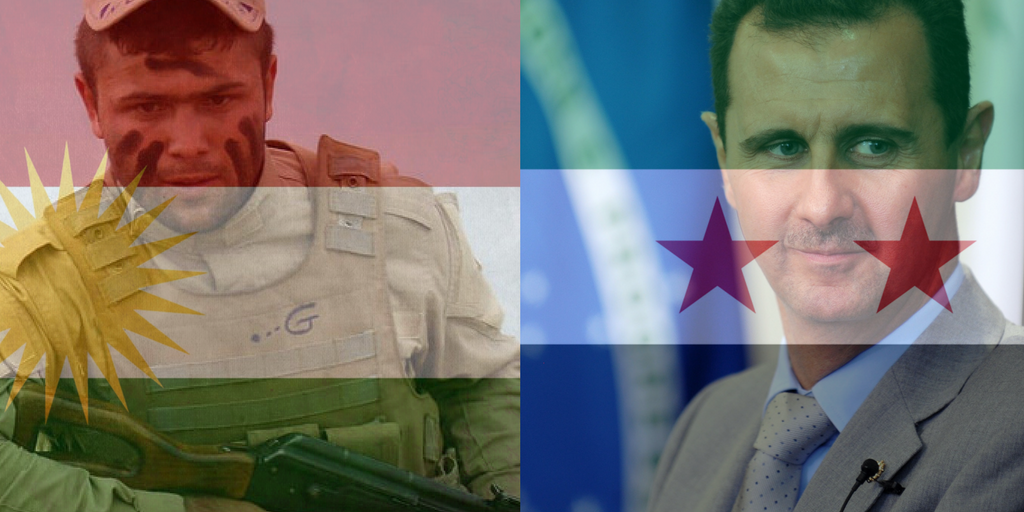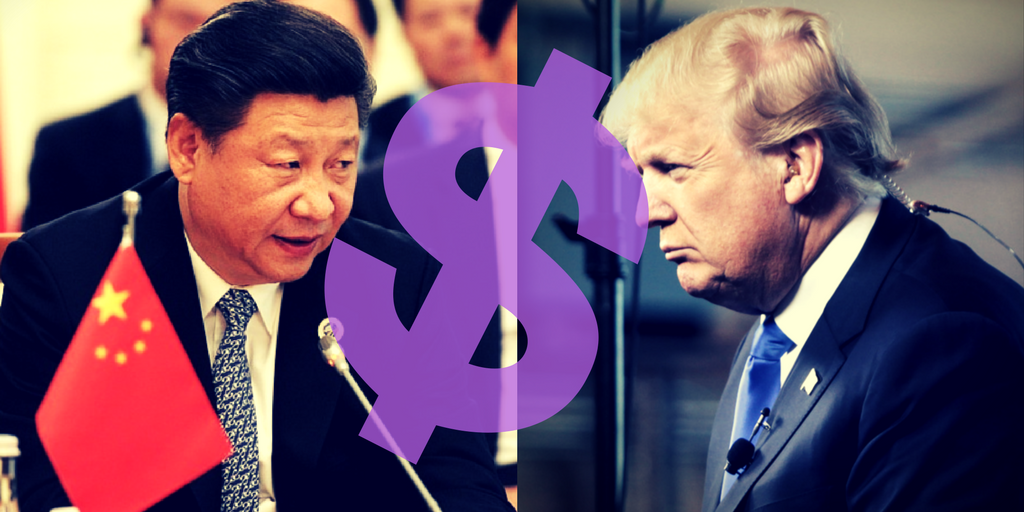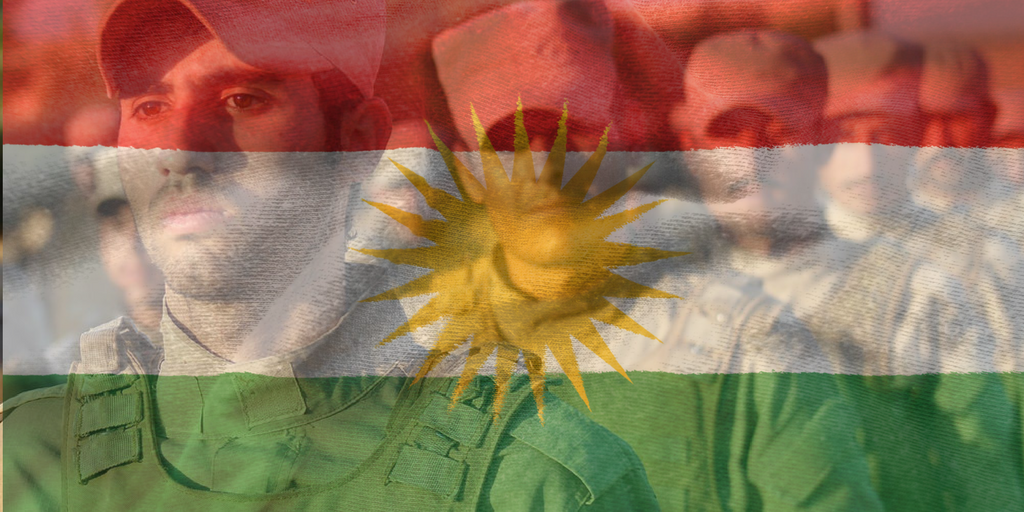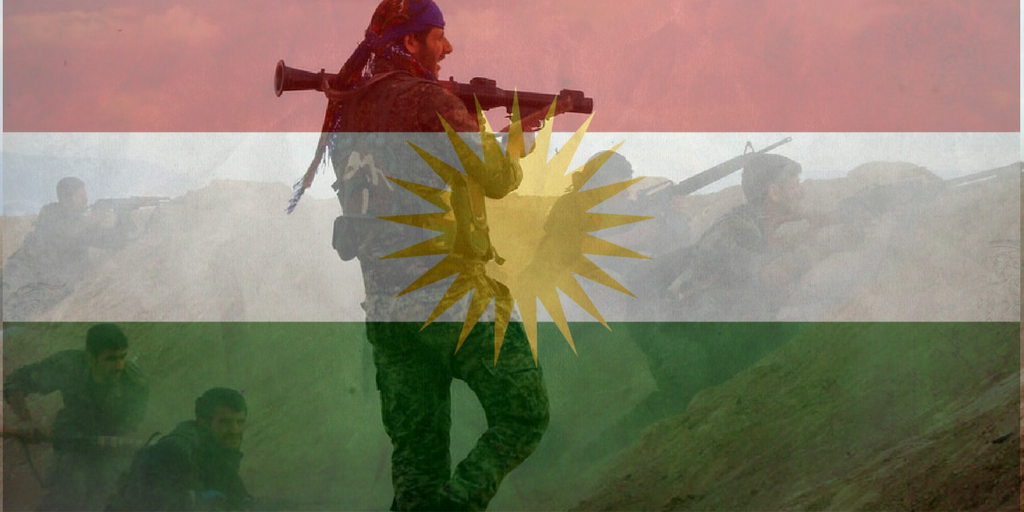As the talk of chaos and war between the Kurds of the Kurdish Regional Government in Iraq and the Arab areas to the South intensify due to the approaching referendum, something ominous is fast approaching between similar sides in Syria.
The last stronghold of ISIS rests in Eastern Syria in a sparsely populated region called Deir al-Zor. In recent weeks Deir al-Zor has been the focus of intense fighting between the Russian backed Syrian regime and ISIS fighters. Sources on the ground report that the Syrian government forces fought their way to an air base on the outskirts of Deir al-Zor.
Meanwhile the US backed SDF, which is made up of mainly Kurds along with some Arab units is heading for Deir al-Zor from the North. The Kurds shocked the Syrian regime when they essentially declared an independent enclave in Syria’s North. Similar to their brethren in Iraq, they have become the most effective force to wiping out ISIS.
The Syrian Kurds who make of the bullwark of the SDF have one mission in mind as the approach Deir al-Zor.
“The first step is to free the eastern bank of the Euphrates and the areas Islamic State still holds. We’re not specifying a timeframe but we hope it will be a quick operation,”Ahmed Abu Kholeh head of the SDF military council told Reuters.
With both armies on a collision course, Deir al-Zor may very well be the first point of many where the US and Russian proxies fight. The challenge for the Syrian regime, is that the Kurds are far better trained than their Jihadist counterparts. With Iraq about to be split between the Iranian influenced South and Kurdish controlled North, Syria is on its way to a division between Kurdish and non-Kurdish areas.

Iran and Turkey Are the Big Losers
Whether or not the Syrian Regime and the SDF fight against eachother directly remains to be seen. What is important to understand is that both the SDF in Syria and the KRG in Iraq in a sense create the very Kurdistan that Turkey and Iran are petrified of. Afterall, if both the Syrian Kurds and Iraqi Kurds can gain independence what stops the 20 million Kurds in Turkey and the 15 million Kurds in Iran from doing the same thing.
Look for Iran, Syria, and even Turkey to cooperate against what they see as the growing Kurdish threat to their hegemony. It will then be up to Putin to decide how to proceed against the world’s largest group of people still without a state.







 Our analysis indicates that Iran is using ISIS in order to create chaos after the Kurdish referendum. There is one thing to have a Kurdish state, which is strong and stable. This would be the last thing Iran wants, but a Kurdish state that has to continuously fight ISIS is one that would pose no threat to Iran.
Our analysis indicates that Iran is using ISIS in order to create chaos after the Kurdish referendum. There is one thing to have a Kurdish state, which is strong and stable. This would be the last thing Iran wants, but a Kurdish state that has to continuously fight ISIS is one that would pose no threat to Iran.